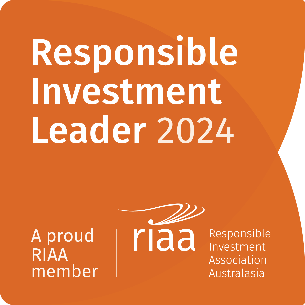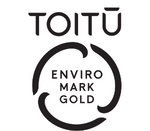COVID-19: Paul Glass - More urgency required to protect jobs

3 April 2020
Every day that our economy remains in lockdown more long-term jobs are being destroyed.
The Covid-19 lockdown is absolutely necessary. However, every day that our economy remains in lockdown more long-term jobs are being destroyed across NZ.
The longer the lockdown continues, the damage will be exponentially worse, and the harder it will be to restart the economy.
Unfortunately, those are the simple facts and the reason we need much greater urgency from the Government in making sure that this necessary lockdown period is as short as possible.
Literally every day matters. In America, which gets much quicker data than us, over 10 million people have already lost their jobs as a result of partial lockdowns and the impact has only just begun.
In NZ we were slow to close our borders and once the decision was made our implementation of the closed border policy has been simply awful. If we had set about trying to import Covid-19 we would have struggled to do a better job.
Over a week after the Prime Minister gave the instructions to close the border we still had cruise ships calling into NZ ports on a daily basis (up to 4 a day in Auckland) and infected people from the ships visiting cafes and tourist hot spots.
Tens of thousands continued to come in through our airports with minimal checks and even today all those coming in are not placed into mandatory Government quarantine unless they have symptoms.
Yet we all know that up to 50 per cent of people with Covid-19 display little or no symptoms.
Unless we want history to look back on the impact of Covid-19 and note that the economic, social and subsequent health damage done by the lockdown being extended (which is likely) was far greater than the damage done by the virus itself, we need far greater urgency from the Government on several fronts.
Firstly, let's close our borders properly. Everyone coming in needs to go into Government controlled isolation. We have empty hotels, campervans, cruise ships and military facilities all over the country.
Secondly, we need to seriously ramp up testing for both Covid-19 and for the antibodies that show that someone has had the virus and recovered.
Our testing has slowly ramped up from low levels to just under 2,000 per day with the aim of getting to 5,000. That's still just 0.1 per cent of our population per day and at that rate would take 1,000 days to test the whole population.
In comparison, Australia has already performed more than 261,000 tests as of yesterday, more than 1 per cent of its population.
In the absence of a vaccine, which may still be 18 months away, testing is critical in the management of this disease.
Thirdly, and there is not much transparency on this so it is hard to judge how successful our efforts have been, we have to massively ramp up our health care resources. This includes ICU beds, ventilators, protective gear, non-contact thermometers etc.
In this regard it has been wonderful to see the Government using the resources of the private sector and key business people to help, which I'm hearing has been very worthwhile.
Finally, we need a really good live data base on all NZ citizens to manage vital virus related information – who has the virus, who has recovered from it, who is vulnerable, who has been tested or not, eventually who has had the vaccine etc.
Yes, there will be privacy and other issues but how are we going to manage our workplaces going forward without this sort of information?
The media has a greater role to play in putting the virus death toll into context too. In a world dominated by social media and extreme headlines, context is often lost. For example, about 3 million people in the US die each year of various causes. That's about 60,000 per week. In China over 9 million die annually and globally over 50 million people.
Even in NZ the hard reality is about 35,000 people normally die each year or about 700 a week. This context will become very important when the Government comes to consider when and how to lift our lockdown.
We will still have this disease with us at the end of any lockdown period so ongoing management of the disease is going to be critical.
We need far greater urgency to make sure this lockdown period is as effective and as short as possible.
The Government is struggling with the pace of change required and should use the private sector whenever it can. We have capacity. Money spent on ramping up quarantining, testing and our medical effort will be a tiny fraction of the overall cost to the economy if we don't go harder at this.
Every day that this lockdown continues jobs are being lost and the economy is being scorched, making recovery more difficult.
- Paul Glass is the executive chairman of Devon Funds Management.





